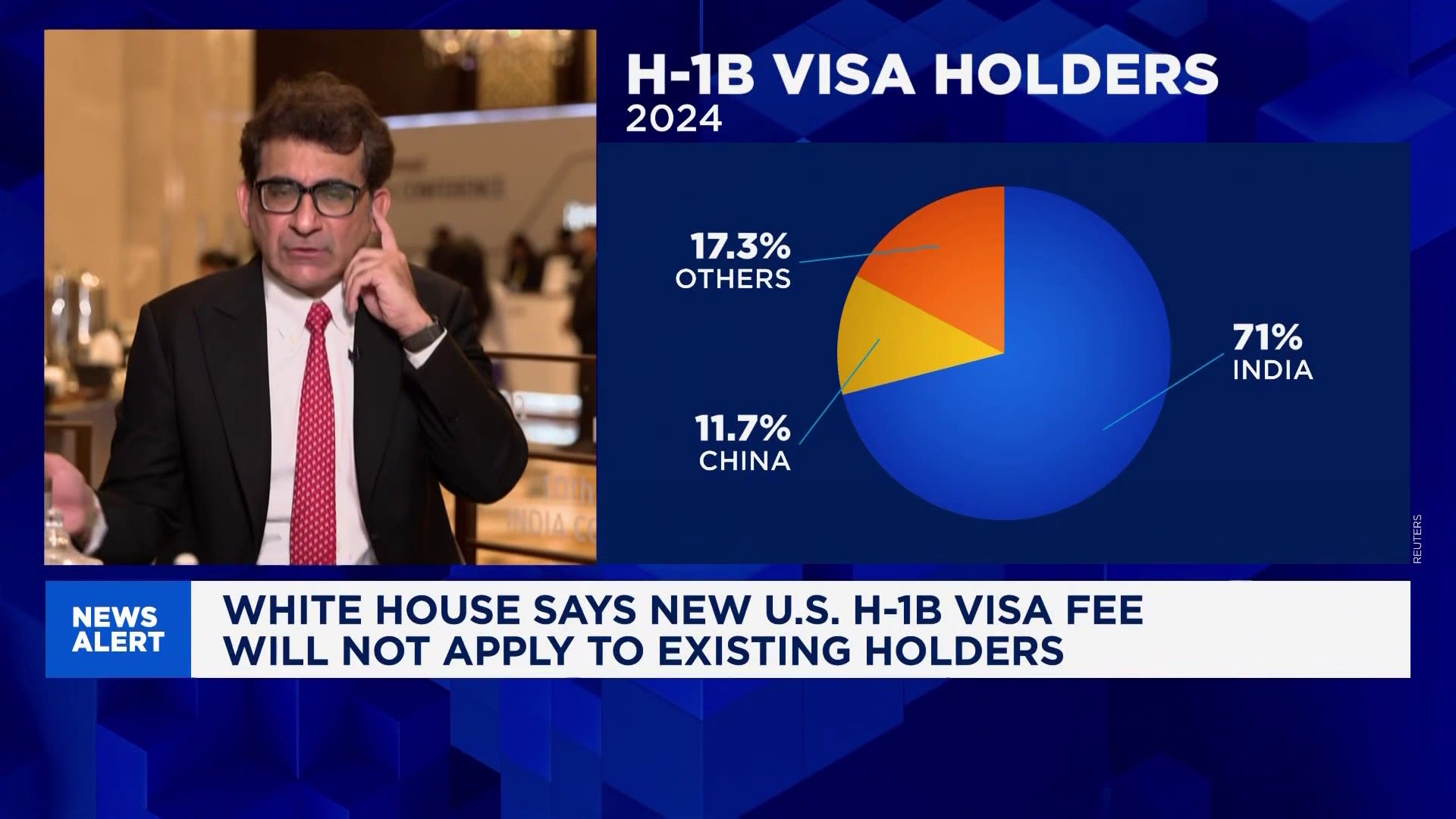Health
H-1B Visa Restrictions Prompt India to Expand Offshoring Opportunities

Recent restrictions on the H-1B visa program in the United States may present new opportunities for India’s offshoring sector. According to a report by JPMorgan Chase, the tightening of these visa regulations is expected to lead companies to seek alternative solutions, potentially increasing the demand for Indian IT services.
The H-1B visa, which allows U.S. companies to employ foreign workers in specialty occupations, has faced scrutiny and limitations over the past few years, particularly in 2023. These restrictions can hinder the ability of American firms to hire skilled professionals from abroad, prompting them to reconsider their operational strategies. As a result, many organizations might turn to Indian firms that can provide the necessary talent and resources without the complexities associated with visa applications.
Shifting Dynamics in the IT Sector
The Indian IT sector, which has long been a leader in offshoring, is well-positioned to capitalize on this shift. With a robust pool of highly skilled professionals, companies like Tata Consultancy Services and Infosys are likely to see increased demand for their services. The report notes that as U.S. companies look for ways to maintain productivity while navigating visa restrictions, Indian firms can offer cost-effective solutions, thereby enhancing their global competitiveness.
In addition to the immediate benefits for Indian companies, this shift could also have broader implications for the global tech landscape. As businesses diversify their operational bases, they may invest more in technology and infrastructure within India. This could lead to job creation and economic growth in the region, further solidifying India’s status as a global IT hub.
Potential Challenges and Considerations
Despite the promising outlook, challenges remain. The Indian IT sector must navigate a complex global environment characterized by fluctuating demand and competition from other countries offering similar services. Furthermore, companies must ensure that they maintain quality and efficiency while scaling operations to meet increasing demands.
Moreover, the evolving nature of work, including the rise of remote work and digital collaboration tools, may change how companies engage with offshoring. While the reduction of H-1B visas may drive demand for Indian services, companies will need to adapt to new ways of working with international teams.
In conclusion, as U.S. visa restrictions reshape the landscape for hiring skilled foreign workers, India stands to benefit significantly from an increase in offshoring opportunities. The intersection of regulatory changes and a strong talent pool positions the Indian IT sector to thrive in the coming years.
-

 Technology4 months ago
Technology4 months agoDiscover the Top 10 Calorie Counting Apps of 2025
-

 Health2 months ago
Health2 months agoBella Hadid Shares Health Update After Treatment for Lyme Disease
-

 Health3 months ago
Health3 months agoErin Bates Shares Recovery Update Following Sepsis Complications
-

 Technology3 weeks ago
Technology3 weeks agoDiscover 2025’s Top GPUs for Exceptional 4K Gaming Performance
-

 Technology2 months ago
Technology2 months agoElectric Moto Influencer Surronster Arrested in Tijuana
-

 Technology4 months ago
Technology4 months agoDiscover How to Reverse Image Search Using ChatGPT Effortlessly
-

 Technology4 months ago
Technology4 months agoMeta Initiates $60B AI Data Center Expansion, Starting in Ohio
-

 Technology4 months ago
Technology4 months agoRecovering a Suspended TikTok Account: A Step-by-Step Guide
-

 Health4 months ago
Health4 months agoTested: Rab Firewall Mountain Jacket Survives Harsh Conditions
-

 Lifestyle4 months ago
Lifestyle4 months agoBelton Family Reunites After Daughter Survives Hill Country Floods
-

 Technology3 months ago
Technology3 months agoUncovering the Top Five Most Challenging Motorcycles to Ride
-

 Technology4 weeks ago
Technology4 weeks agoDiscover the Best Wireless Earbuds for Every Lifestyle





















